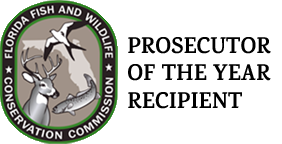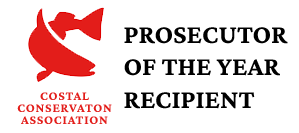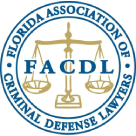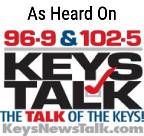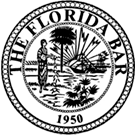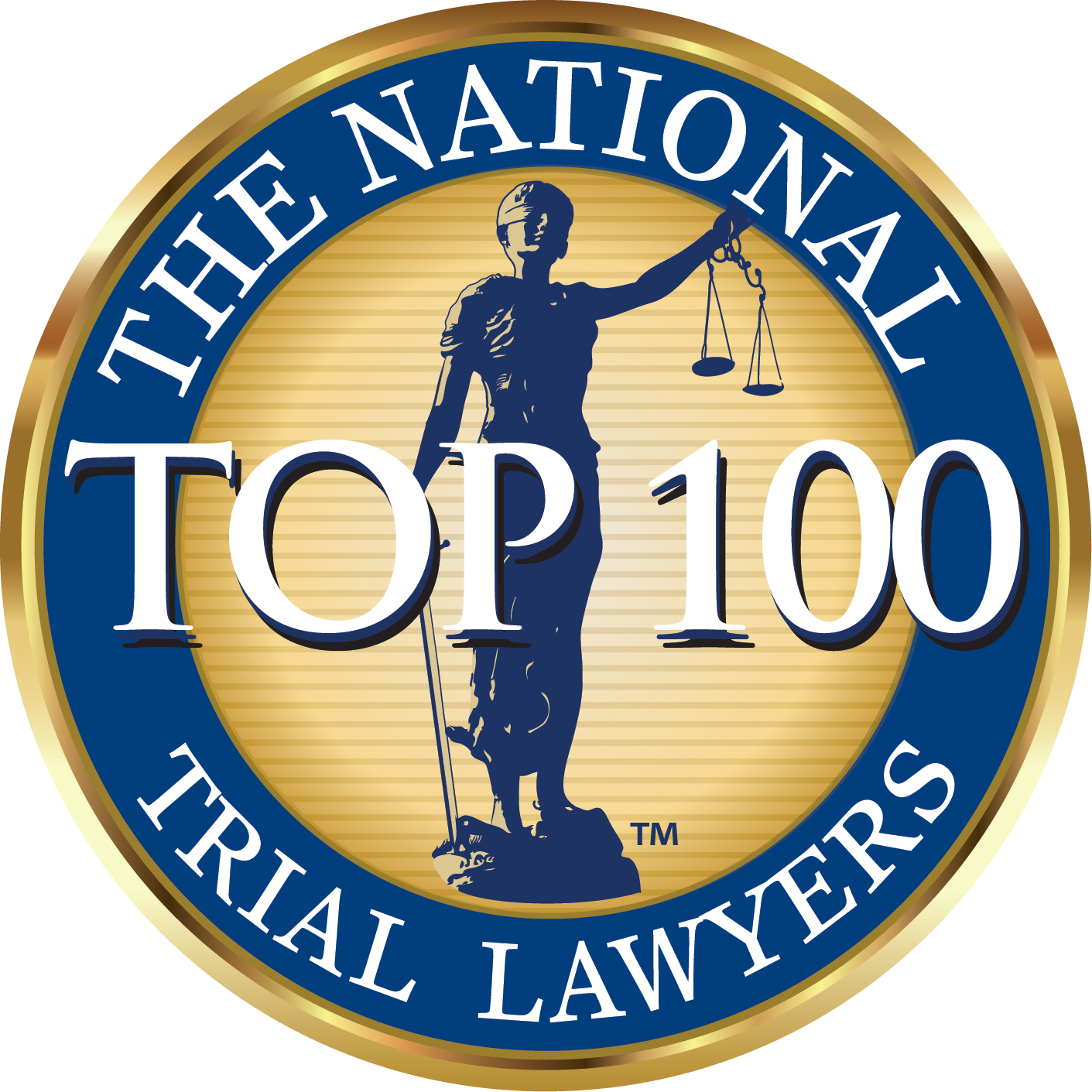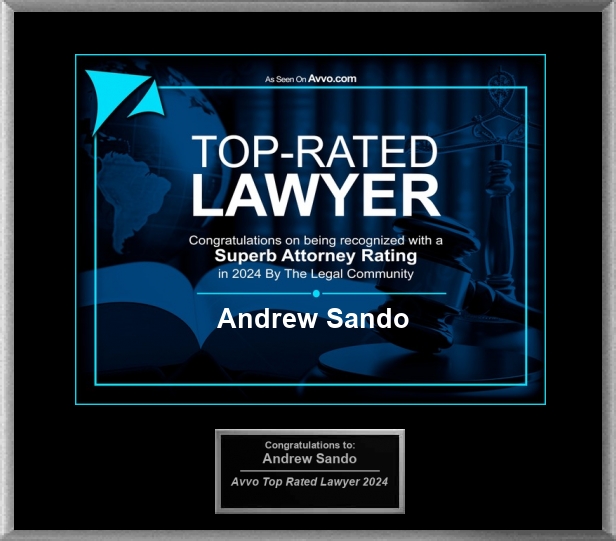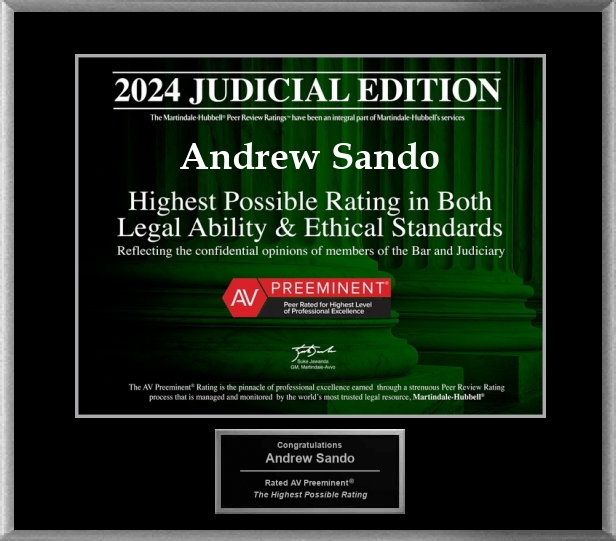Commercial Fishing in Florida
Surrounded by water, Florida is the proud home to thousands of successful commercial fishing businesses. With a coastline in the United States second in size only to Alaska, Florida is well known for its abundant saltwater commercial fishing opportunities.
Florida’s commercial fisheries generate $3.2 billion in income and support 76,700 jobs, according to the US Department of Commerce. The Florida Fish and Wildlife Conservation Commission (“FWC”) is charged with ensuring compliance with the statutes, rules, and laws put in place to regulate commercial fishing.
The FWC makes it clear that only those who hold a saltwater products license (“SPL”) issued by the state may sell fish harvested in Florida. Additionally, all commercial landings must be reported at the time of wholesale on state-issued trip tickets. Other requirements may also apply.
If you find yourself needing assistance with a commercial fishing violation, you have come to the right place. Call Attorney Sando to see how we can help you.
Governing Authority for Commercial Fishing in Florida
In Florida, the overwhelming majority of commercial fishing occurs in saltwater. Commercial saltwater fishing is governed by chapter 379 of the Florida Statutes, FWC rule 68B (Marine Fisheries), and FWC rule 68E (Marine Resources). The commercial fishing that occurs in freshwater would be governed by chapter 379 of the Florida Statutes and FWC rule 68A (Freshwater Fish and Wildlife). Together, these regulations are put in place by FWC to enforce compliance over Florida’s commercial fisheries.
Anyone commercially fishing should keep in mind there are many differences compared to recreational fishing and additional statutes or rules may apply. For example, commercial fishing requires special licensing, vessel registration, stickering, and compliance with many other regulations depending on the species being commercially taken and sold.
Be aware that jurisdictional boundaries can trigger additional regulations. For example, there are rules that govern actions after harvesting in the Bahamas and transporting catch back into Florida waters. Florida state waters extend 3 nautical miles from the shoreline on the Atlantic side and 9 nautical miles from the shoreline on the Gulf side. Generally, federal waters extend 200 nautical miles from where state waters end unless first reaching another country’s waters.
Reasons like the above is why it is best to hire an experienced attorney well-versed in this unique area of the law. If you violate one of Florida’s commercial fishing laws or rules, you could receive a violation typically ranging from a noncriminal infraction to a misdemeanor offense.
10 Differences between Recreational and Commercial Fishing
- Applicable vessel registration
- Applicable vessel lettering or stickering
- Vessel safety equipment required to be onboard
- Additional license requirements (ie: SPL)
- Permissible fishing gear
- Time of day to legally harvest
- Seasons to legally harvest (ie: lobsters, crabs, trapping)
- Permissible bag limits
- Applicable federal licenses or permits
- Reporting landings on state-issued trip tickets during the point of wholesale
What do I do after receiving a commercial fishing violation?
Generally, most commercial fishing violations result in noncriminal tickets. If you receive a commercial fishing ticket, call Sando Law, P.A. to see how we can help you. Take any noncriminal violation seriously as enhanced penalties can apply to future violations.
DON’T JUST PAY THE TICKET – CALL US FIRST!
Paying the civil penalty waives your right to a hearing before the county court to make any legal arguments or challenges in your case.
Attorney Sando may be able to have your charges dismissed, lessened, or negotiate a better resolution than the default penalties that may apply.
Other commercial fishing violations that can result in criminal convictions typically stem from FWC rule 68B, and FWC rule 68E, areas of the law very familiar to Attorney Sando from his time as a former special prosecutor handling FWC cases.
As the recipient of FWC’s Prosecutor of the Year Award and the North Palm Coastal Conservation Association’s Prosecutor of the Year Award, Attorney Sando has experience and knowledge in this area of the law that is unmatched.

